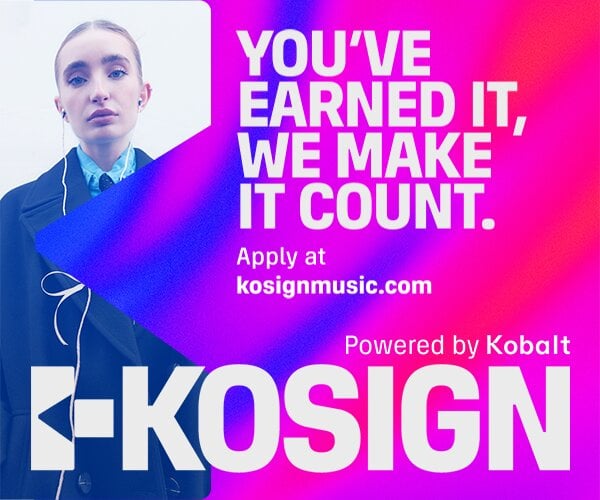YouTube is rolling out a new feature that allows creators to instantaneously generate custom (and copyright-free) instrumental backing tracks through AI technology.
The update to YouTube’s Creator Music marketplace enables video creators to produce AI-generated music via text prompts.
This free “Music Assistant” feature is being gradually introduced to creators who participate in the YouTube Partner Program in the US and have access to Creator Music, the platform’s commercial music licensing resource launched in 2023.
Creators with access to the tool will see a dedicated “Music Assistant” tab within Creator Music, as announced via YouTube’s Creator Insider program this week (watch from 1.00 mins below).
Users can describe the type of music they want to create in a free text field, specifying details such as instruments, mood, and video context. YouTube also provides suggested prompts to help users get started.
Once generated, tracks can be downloaded and added to videos without copyright concerns, as YouTube confirms the music is free to use.
The new feature builds on YouTube’s previous test of “Dream Track”, a similar generative AI tool powered by DeepMind’s Lyria.
According to YouTube’s help documentation, while Dream Track initially allowed the creation of 30-second music tracks in the style of famous artists, the current implementation focuses solely on instrumental music.
This move comes as production music companies like Epidemic Sound continue to see significant growth in the creator economy space.
Epidemic, the Sweden-headquartered music production company that specializes in providing music for content creators, recently published its annual report for 2024, showing substantial financial growth.
The company reported a 29% year-over-year increase in revenues to 1.921 billion Swedish kronor (USD $181.62 million).
Its adjusted EBITDA soared 150% year-over-year to SEK 147 million ($13.9 million), while unadjusted EBITDA increased 24-fold to SEK 107 million ($10.13 million).
Epidemic reports that videos featuring its music now receive 3 billion views on YouTube and TikTok daily, up from 2.5 billion YouTube/TikTok views reported a year earlier.
NO FAKES Act gains tech industry support
Meanwhile, a bipartisan bill aimed at cracking down on unauthorized deepfakes was this week reintroduced in the US Congress with support from the music industry and, notably, major tech companies including Google (YouTube’s parent company).
The Nurture Originals, Foster Art, and Keep Entertainment Safe (NO FAKES) Act was originally tabled in the Senate in July 2024 but failed to advance before the end of last year’s congressional session.
The bill effectively creates a right of publicity at the US federal level, giving individuals control over the use of their likeness and voice – an increasingly important issue with the rise of generative AI.
Warner Music Group CEO Robert Kyncl, who previously testified before the Senate on the need to address deepfakes, was among industry figures present at the bill’s reintroduction.
In a blog post on Wednesday (April 9), YouTube said it had worked with the RIAA and the Motion Picture Association “to push for a shared consensus on this legislation.”
Leslie Miller, YouTube’s VP of Public Policy, stated: “For nearly two decades, YouTube has been at the forefront of handling rights management at scale, and we understand the importance of collaborating with partners to tackle these issues proactively. Now, we’re applying that expertise and dedication to partnership to ensure the responsible deployment of innovative AI tools.”
YouTube’s dual approach – introducing AI music creation tools while supporting legislation to protect against unauthorized AI voice and likeness reproduction – highlights the complex balance tech companies are attempting to strike in the rapidly evolving AI landscape.
Music ComeOn


